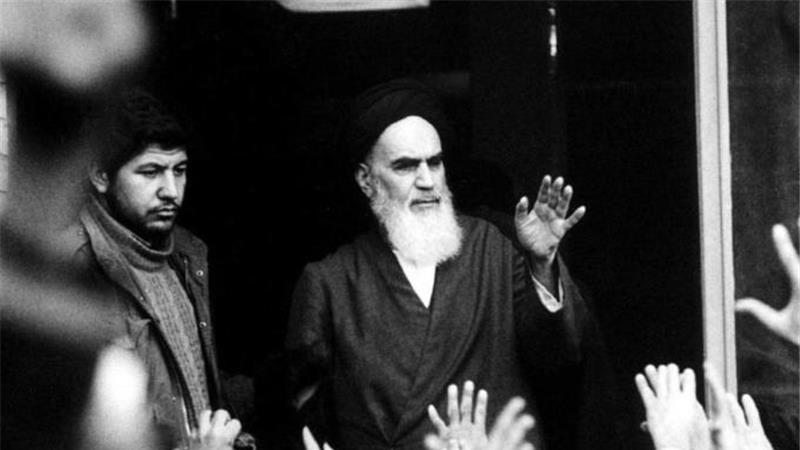London-Khomeini’s grandson, Ali Khomeini, defended the series of executions carried out by the first supreme leader of Iran by saying that his grandfather’s firmness in ruling the country was the major reason behind the Iranian regime’s survival after the revolution.
Khomeini, addressing an audience at Shi’ite seminary in Qom on Tuesday, compared revolutions witnessed by different Arab countries recently with the Iranian revolution.
He pointed out the disarrays witnessed by Iran when Khomeini announced launching his revolution in 1979.
Ali Khomeini said that his grandfather succeeded in managing these crises and brought back peace and stability to the country.
He added, “If my grandfather dealt flexibly with the situation then you would have seen Iranians living in disorder for so long.”
He expressed his surprise from those who criticize executing members of leftist blocs such as People’s Mujahedin of Iran Organization, saying that they opposed the regime and were behind the assassination of many officials in the 80s last century.
Meanwhile, Muhammara city in Ahwaz was celebrating the 37th anniversary of killing more than 300 people by the Iranian naval forces that was led by Admiral Ahmed Madani. Also, Kurdish regions witnessed wide executions for the activists on charges of belonging to leftist groups.
Last September, Iranian Minister of Justice Mustafa Bor Mohamadi stirred controversy as he defended the great number of executions carried out in Iran between August and September 1988.
In response to these criticisms, Bor Mohamadi said that they must be viewed based on the circumstances that controlled Iran back then.
According to the Iranian Human Rights organizations, around five thousand political activists were shot to death and Bor Mohamadi was member of the tripartite commission that approved those executions.
